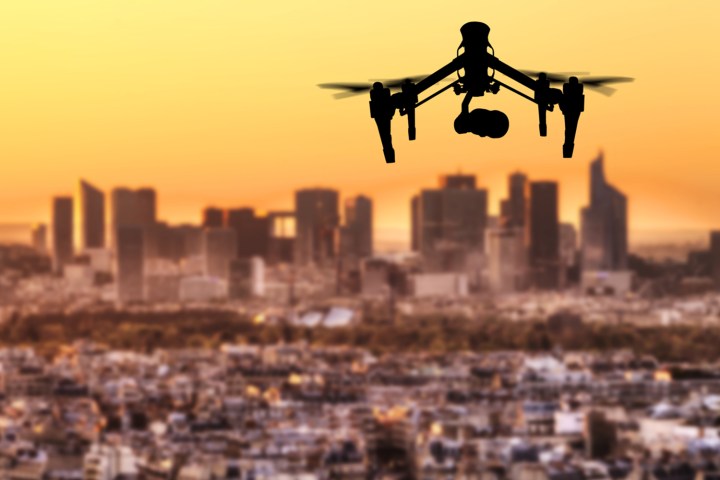
The company, SkyPan, will also have to hand over an additional $150,000 if it breaks FAA rules in the next year, and another $150,000 if it fails to comply with the terms of the settlement agreement.
The flights at the center of the dispute took place over Chicago and New York City between 2012 and 2014.
In a statement released on Tuesday, SkyPan pointed out that it neither admitted to, or contested, the allegations that the flights were contrary to FAA regulations, and that it wished “to resolve this matter without any further expense or delay of business.” It added that “in exchange, the FAA makes no finding of violation.”
SkyPan has nearly 30 years of experience in the aerial photography business and offers clients footage using various flight systems, drones among them.
In its 2015 case against SkyPan, the FAA claimed SkyPan’s offending flights – 65 in all – took place “in some of our most congested airspace and heavily populated cities, violating airspace regulations and various operating rules,” adding, “These operations were illegal and not without risk.”
Of the alleged incursions, 43 took place in the highly restricted New York Class B airspace – usually areas close to busy airports – without receiving clearance to access it, the FAA said in its filing.
It also claimed that SkyPan’s drones were flying without using the necessary equipment, such as a two-way radio, transponder, and altitude-reporting device.
Commenting on the case at the time, FAA administrator Michael Huerta said, “Flying unmanned aircraft in violation of the Federal Aviation Regulations is illegal and can be dangerous.” He continued, “We have the safest airspace in the world, and everyone who uses it must understand and observe our comprehensive set of rules and regulations.”
In its Tuesday statement, SkyPan said the flights in question took place two years before the FAA’s first rule for commercial unmanned flying operations was enacted, adding that it’s never had an accident in all the time it’s been operating, and that it’s “never compromised citizens’ privacy or security.”
Part of the settlement also means SkyPan will work with the FAA on creating three public service announcements over the next year that’ll encourage drone operators to learn and comply with relevant regulations.


